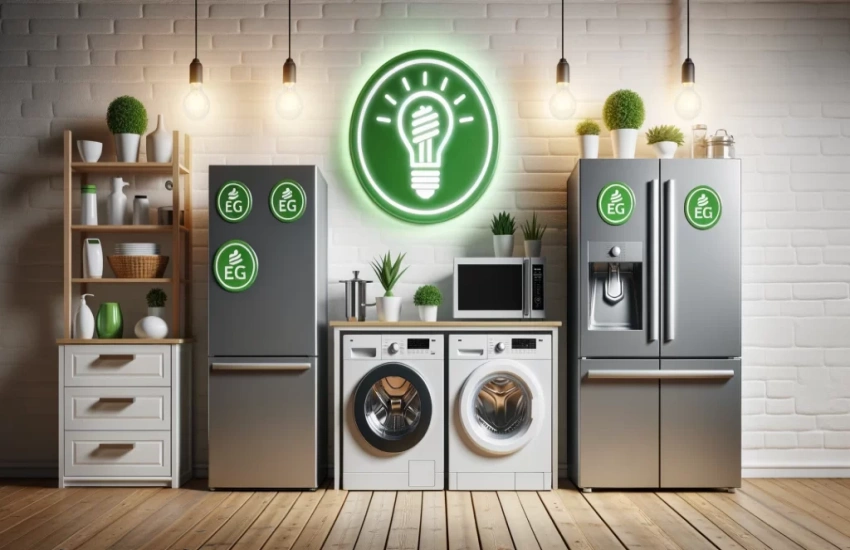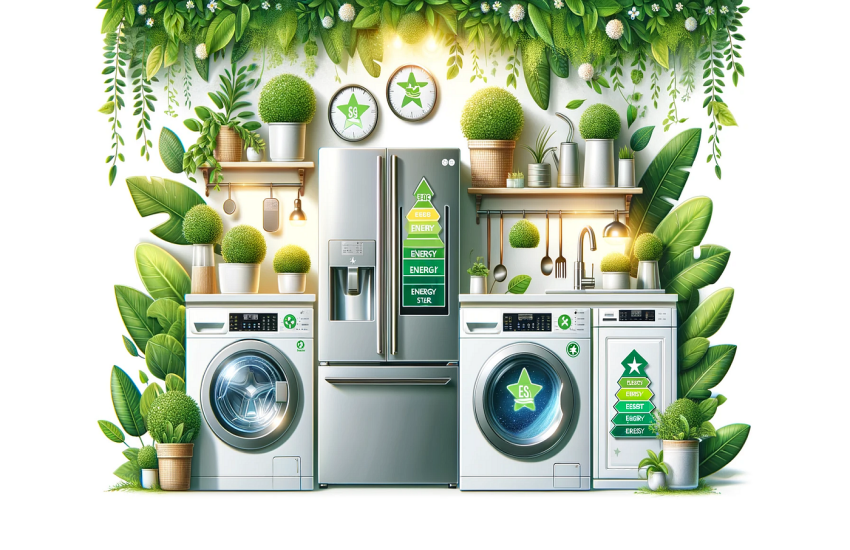
Many of these devices are designed to use less electricity or water, which translates into lower monthly utility expenses. Over time, the savings can accumulate, making energy efficient appliances a wise financial investment. Homeowners can take advantage of government incentives and rebates that often accompany the purchase of energy efficient products, further reducing the overall cost.
Environmental impact is another critical consideration when selecting appliances. Energy efficient devices contribute to a reduction in greenhouse gas emissions, helping to combat climate change. By consuming less energy, these appliances decrease the demand for fossil fuels, leading to a smaller carbon footprint. Choosing energy efficient options aligns with a growing commitment to sustainability and responsible living, making it an appealing choice for many families.
Performance is equally important when evaluating energy efficient appliances. Many modern models are engineered to provide superior functionality without sacrificing power. For instance, energy efficient washing machines often feature advanced technology that ensures thorough cleaning while using less water and energy. Similarly, energy efficient refrigerators maintain optimal cooling temperatures while minimizing electricity usage. Homeowners can enjoy the benefits of high-performing appliances that also contribute to energy conservation.
When considering energy efficient appliances, it is essential to look for certifications such as the Energy Star label. This designation indicates that the appliance meets strict energy efficiency guidelines set by the Environmental Protection Agency. Products with this certification have been rigorously tested for their energy performance, providing consumers with confidence in their choices. Researching various brands and models can help homeowners identify the best energy efficient options available in the market.

Maintenance plays a vital role in ensuring that energy efficient appliances operate at peak performance. Regular upkeep, such as cleaning filters and checking seals, can enhance efficiency and prolong the lifespan of the devices. Homeowners should familiarize themselves with the maintenance requirements specific to each appliance to maximize their investment. Many manufacturers provide helpful resources and guidelines to assist with proper care.
Space considerations are also crucial when selecting energy efficient appliances. Many manufacturers offer a range of sizes and configurations, making it easier for homeowners to find options that fit their specific needs. Compact appliances can be particularly useful for smaller homes or apartments, providing functionality without compromising valuable space. Understanding individual requirements can lead to better choices that enhance both efficiency and convenience.
Potential buyers increasingly prioritize energy efficiency when searching for properties, making homes equipped with these appliances more attractive. Investing in energy efficient devices can yield long-term benefits, not only in terms of savings but also in enhancing the marketability of a home.
Embracing energy efficient appliances is a proactive step toward creating a more sustainable and cost-effective living environment. By focusing on performance, certifications, maintenance, space considerations, and overall value, homeowners can make informed choices that benefit both their finances and the planet. The shift toward energy efficiency represents a significant opportunity for families to contribute positively to their communities while enjoying the advantages of modern technology.





